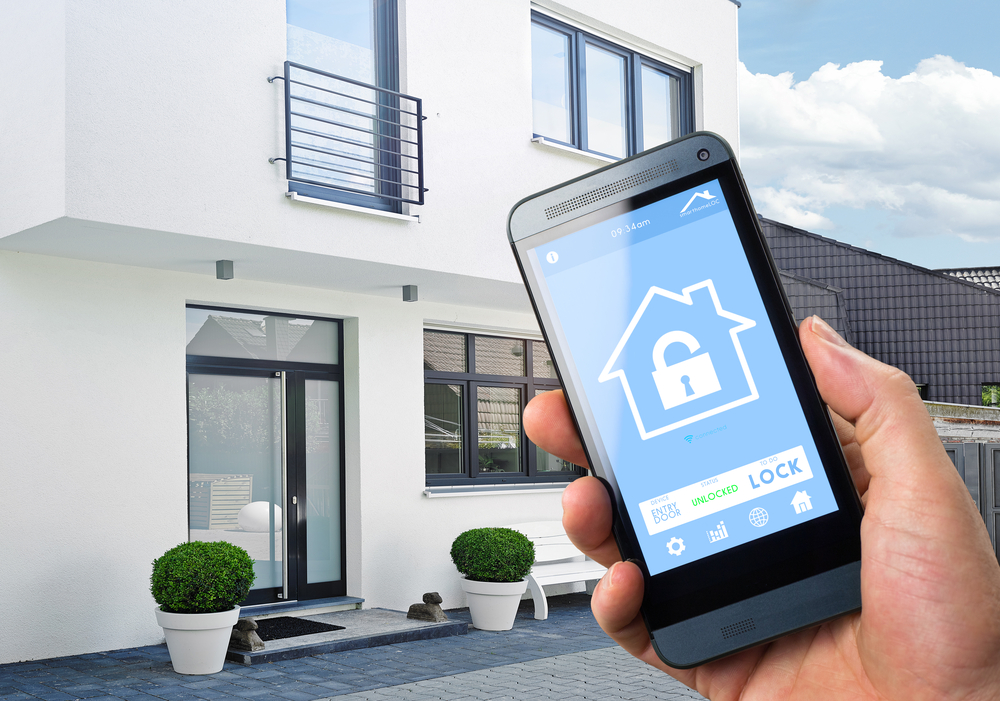
What Is the Difference Between an Investment Property and a Second Home?
July 17, 2022
The Pros and Cons of Buying a Mobile Home: Is it a Good Investment?
September 16, 2022Buying a house while nearing retirement age is an exciting time. Still, it can be overwhelming and stressful if you don’t know what to do. Ensure that you consider your options before deciding how you want to finance your new home. When planning to buy a house near retirement age, there are two major paths that you could take: the traditional option, where you would pay with a mortgage loan to secure financing or opt to pay cash for your down payment.
Traditional Option
A traditional mortgage loan is when you borrow money from a bank or financial institution (either through a savings account or credit card) to help cover the cost of purchasing a property. With a mortgage, you must repay the loan over a set period, depending on whether you have chosen to fix and flip or purchase a primary residence for yourself. In either case, a typical mortgage lasts between 5 and 10 years.
One thing to note about mortgages is that they offer lower interest rates than many other types of loans. However, because they require a long-term commitment, the monthly payments can become very high even after factoring in taxes and closing costs. This makes them less attractive to most people who wish to invest their retirement funds rather than spend them.
Even though this may seem like an easy way out, a mortgage is not always the best choice for you. It is important to understand that each situation has its own unique requirements, and you may find that there are better alternatives available. Keep reading this article to learn why this type of financing isn’t necessarily right for everyone.
The Pros and Cons of Mortgages
Pros:
• Low-interest rates
• Tax deductible for purchasing property
• It can be used as a “hassle-free exit strategy.”
• The ability to access your home’s equity at any time without having to sell first
Cons:
• Long-term commitment
• After factoring in taxes and closing costs, monthly payments can become very high.
• Higher LTV (Loan To Value Ratio) = more risk for borrowers.
• Higher down payment requirements.
Cash Option
If you decide that you want to go the route of paying cash instead of using a mortgage loan, you can save thousands of dollars in fees by doing so. You will also avoid incurring additional debt by putting off saving for a down payment. Instead, you will use your savings to purchase your new home outright. This means you won’t owe anyone anything until you move into your home. You will need to keep several things in mind before choosing this option.
The Pros and Cons of Cash Options
Pros:
• No debt is added to your credit file.
• You will have no monthly bills or payments.
• You don’t need to save much money before making an offer.
Cons:
• It isn’t easy to find great deals on properties.
• It may be harder to sell later if necessary.
• More likely to get stuck in foreclosure
One great thing about taking out a mortgage loan is that you will still be covered by insurance regardless of whether or not you live in the home. This means you will never lose your entire investment if something happens to the property. However, this means that you will have to deal with annual premiums.




